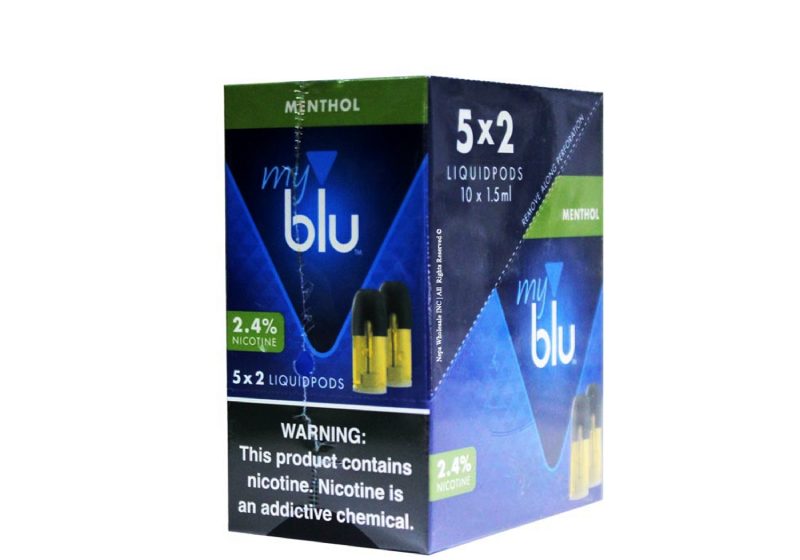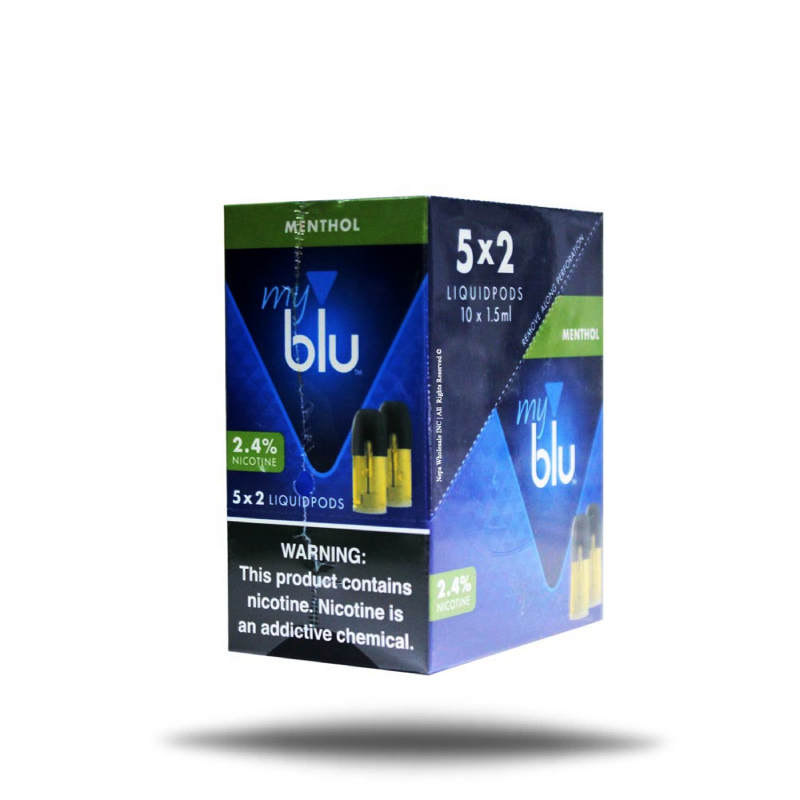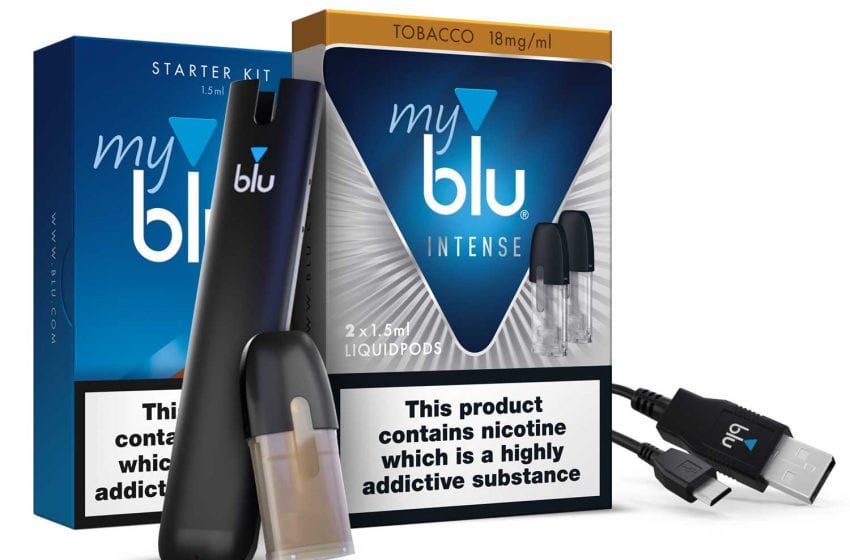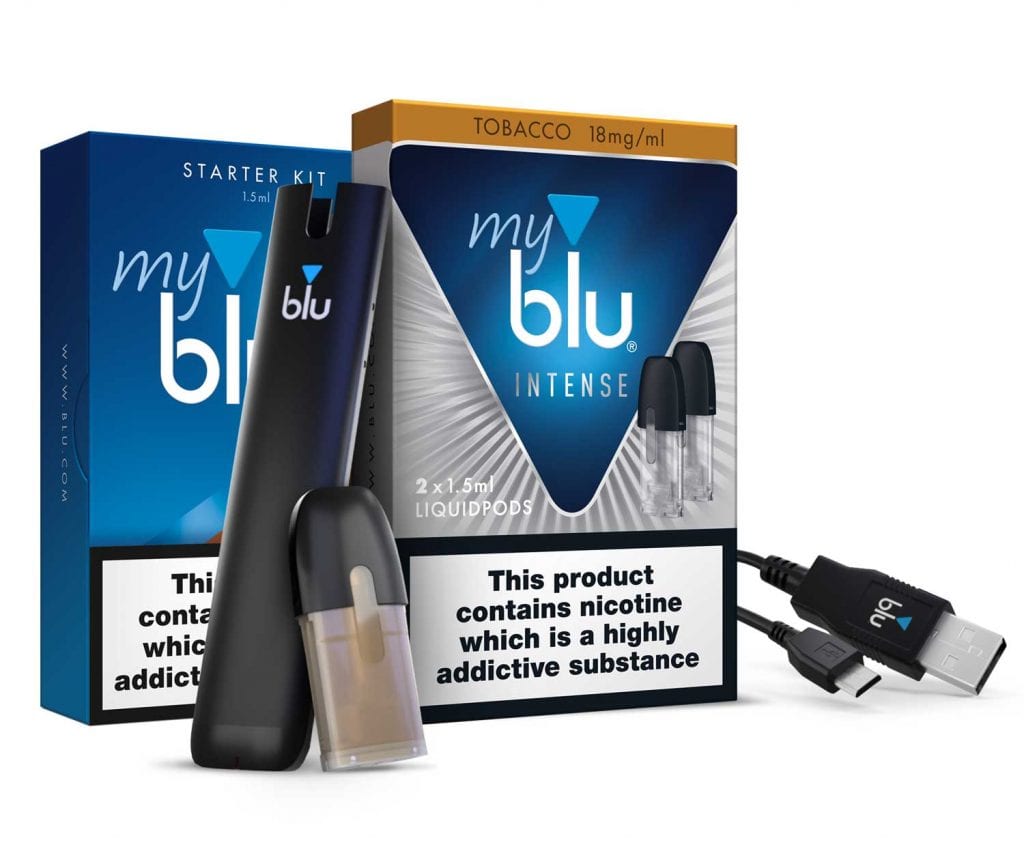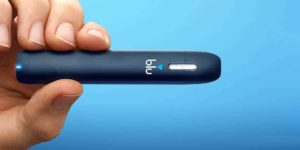The U.S. Food and Drug Administration has submitted a status report for products that currently have a premarket tobacco product application (PMTA) under review. The regulatory agency states that it expects to have resolved 63 percent of the applications set out in its original priority by June 30, 2022, and 72 percent of the applications in its original priority set by the end of this year. However, the agency does not expect to complete its review of timely submitted applications until June, 2023.
“The FDA’s progress largely reflects the review priorities that the agency established in 2020, when review began. Given the large influx of concurrent applications, the FDA prioritized review of applications from manufacturers with the greatest market share at the time because decisions on those applications were expected to have the greatest impact on public health,” the report states. “As a result, the FDA allocated significant resources to review applications from the five companies whose brands represented over 95 percent of the e-cigarette market at that time: Fontem (blu), JUUL, Logic, NJOY, and R.J. Reynolds (Vuse).”
During a House subcommittee meeting after the release of the report, the head of the FDA said the agency needs more resources to speed up its review of e-cigarettes and is avoiding making hasty decisions that could incite lawsuits from the industry.
“This is an industry that has amazing capabilities on the legal front,” FDA Commissioner Robert Califf said. “If we make one single error in the process, we can be set back for years in these applications.”
In the order requiring the FDA to submit status reports, the Maryland court stated that covered applications are limited to applications for products that are sold under the brand names JUUL, Vuse, NJOY, Logic, Blu, SMOK, Suorin or Puff Bar. Additionally, any product with a reach of 2 percent or more of total “Retail Dollar Sales” in Nielsen’s Total E-Cig Market & Players or Disposable E-Cig Market & Players’ reports.
To determine which applications are for products sold under the listed brand names, the FDA used its internal PMTA database, which organizes applications by manufacturer, according to the agency. The FDA searched its database for the brand names to identify the manufacturers related to each relevant brand name and then searched its database to identify applications submitted by the manufacturers.
The FDA stated that it had conferred with the plaintiffs in the case who agreed that only one brand beyond those listed meets the 2 percent threshold. That brand was not identified. Of those applications the FDA deems requiring status reports, the agency stated that it had identified 240 covered applications. The agency estimates that its best forecast, based on current information, the FDA will take action on:
- 51% of covered applications by June 30, 2022;
- 52% of covered applications by September 30, 2022;
- 56% of covered applications by December 31, 2022;
- 56% of covered applications by March 31, 2023; and
- 100% of covered applications by June 30, 2023.
The agency also states that not every covered application has an equal potential impact on the public health. For example, more than 25 percent of the covered applications are for products not currently on the market.
The FDA identified two applications for products sold under the relevant brand names where the applicant stated that the products were not on the market as of August 8, 2016. The FDA also identified three other applications for products sold under the relevant brand names where the applicant did not state whether the products were on the market as of August 8, 2016. The FDA has not included information about these five applications in the current status report.
“Also, some e-cigarette devices consist of a small number of components, resulting in a small number of individual product applications for the entire system. A disposable prefilled device, for example, could constitute a single product, with one application. Other e- cigarette devices, by contrast, consist of many components, with separate tanks, coils, tubes, and pods, resulting in dozens of separate product applications for a single system,” the status report states. “Of the covered applications that the FDA anticipates will remain to be resolved beyond the end of 2022, more than half are for components of a limited number of e-cigarette device systems representing under 2.5 percent of the e-cigarette market. The FDA has made and will continue to make significant progress in reviewing and resolving applications for e-cigarette products to achieve the greatest impact on public health.”
The agency stated that it will file another status report by July 29, 2022, that will include any revisions to the estimates disclosed in the first report.
This story will be updated throughout the day.
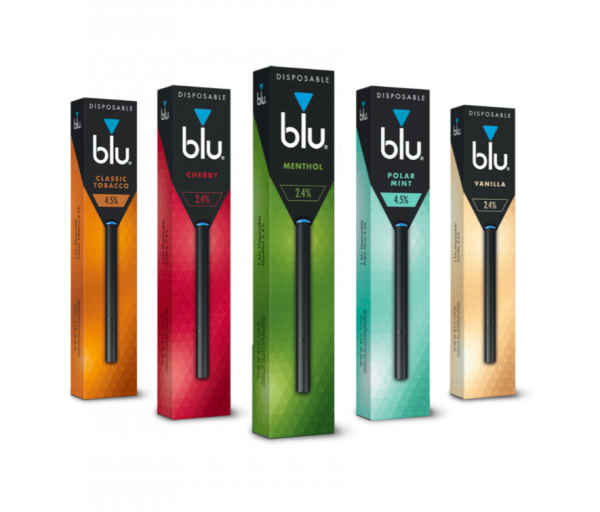

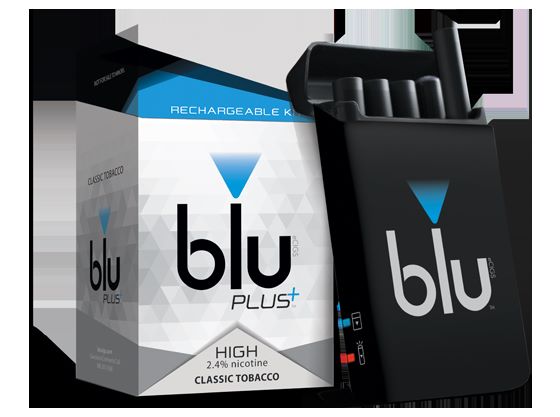

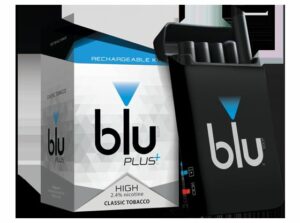 “In addition, the applicant did not provide sufficient evidence demonstrating that the flavored new products have a potential to benefit adult smokers, in terms of complete switching or significant cigarette use reduction, that would outweigh the risk to youth.
“In addition, the applicant did not provide sufficient evidence demonstrating that the flavored new products have a potential to benefit adult smokers, in terms of complete switching or significant cigarette use reduction, that would outweigh the risk to youth.
